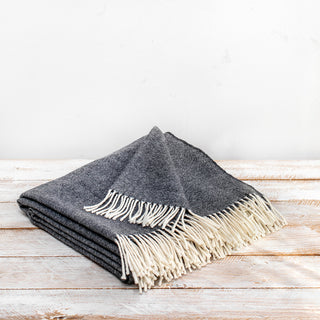Traditional games
Sorry, there are no products in this collection
Return homeRelated collections
The best traditional games
Traditional games have been part of our childhood, accompanying us in the most fun moments of life. These games, rooted in cultural heritage and passed down from generation to generation, offer a unique window into the traditions and values of a society.
At Real Fábrica we know the importance of traditional games for the training, education and cultural identity of children and that is why we offer a wide range of traditional games for children and to enjoy with the family, so that this Spanish tradition is not lost.
Types of traditional games
Traditional games have the ability to foster social interaction and strengthen ties between people. Some of these games have been played for centuries and have evolved over time, adapting to different contexts and circumstances, but maintaining their playful essence and connection to history. Let's see what types of popular and traditional games there are.
Traditional board games
Traditional board games have been an enduring source of entertainment throughout history. Some examples of traditional board games are Chess, a strategic game that has gained popularity worldwide; Go, a Chinese strategy game that involves placing stones on a board to control territories; or the Photo Party Vintage.
Parlor games
Traditional parlour games have been an integral part of culture and entertainment in various places around the world. These games are often played in more formal settings, such as parlours or living rooms, and among the most popular are billiards or checkers, a board game that involves capturing the opponent's pieces by moving diagonally.
Outdoor games
Traditional outdoor games encourage physical activity, social interaction and fun in the fresh air. Some of the most famous are hopscotch, where players throw a small stone at a series of numbered squares on the ground and must hop on one or both legs to avoid stepping on the wrong lines or squares. Also notable is spinning top, which involves spinning a small top on a flat surface.
Skill games
Traditional games of skill have been played for generations, challenging the dexterity and coordination of participants. Among them is the yo-yo, a toy that is raised and lowered by a string, requiring skill and dexterity. Also notable is the tug-of-war, in which two teams compete to pull a string in opposite directions, with the aim of making the opposing team cross a line.
Traditional children's games
Traditional children's games offer fun and promote physical activity, cooperation and creativity in children. These include sack races or hide-and-seek, a classic game in which one player counts while the others hide, and then tries to find them.
Traditional games culture
The culture of traditional Spanish games is rich and diverse, reflecting the history, regional customs and cultural identity of Spain. These games have been an integral part of social and community life, being passed down from generation to generation. Some of the most prominent traditional games in Spain are:
- Chito: a bowling game played mainly in the region of Asturias. It consists of throwing a chito (a kind of wooden disc) to knock down pins arranged in a triangular shape.
- Bowling games: Several regions in Spain have their own versions of bowling games, such as the "Bolera Palentina" in Castile and León or the "Juego de los bolos serranos" in the Sierra de Albarracín.
- Seven and a Half: A card game similar to blackjack, where the goal is to accumulate cards until reaching or approaching 7.5 points without going over.
- Frog: A popular game in which players throw metal tokens from a set distance with the aim of landing them in numbered holes arranged on a wooden board.
- Calva games: Traditional games involving throwing metal discs towards a marked area with the aim of achieving specific scores. "Calva" and "Rana" are popular variants.
- Escarapela: a traditional game of Catalonia in which participants try to stick a needle into the base of a rotating candle while it spins.
- Ball games: Spain has a rich tradition of ball games, such as Basque pelota, palma, and chana, among others. Basque pelota, in particular, has various forms such as fronton, trinquete, and jai alai.
- Hooping: A game in which children roll a hoop with a stick while running to keep it moving. It is an activity that has been popular in many regions.
In short, traditional games are not simply forms of entertainment from the past, but cultural treasures that continue to play a vital role in building and transmitting cultural identity. By preserving and celebrating these games, we not only honour our roots, but also provide future generations with a unique window into the traditions that have shaped our societies over time.
Traditional games that are still very present and are available on the Real Fábrica website or, if you wish, you can visit us at our store in the Barrio de las Letras district of Madrid, on Calle de Cervantes, 9.




